Human-Centered Computing

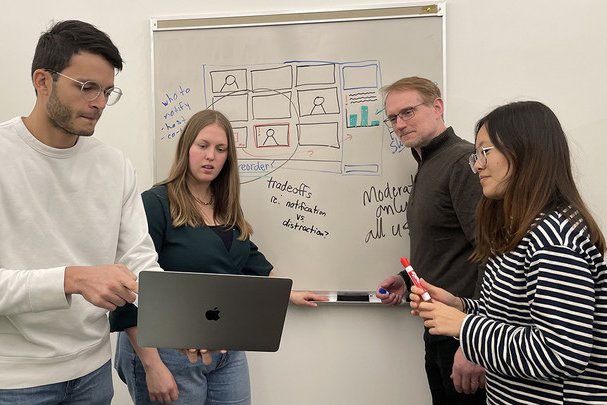

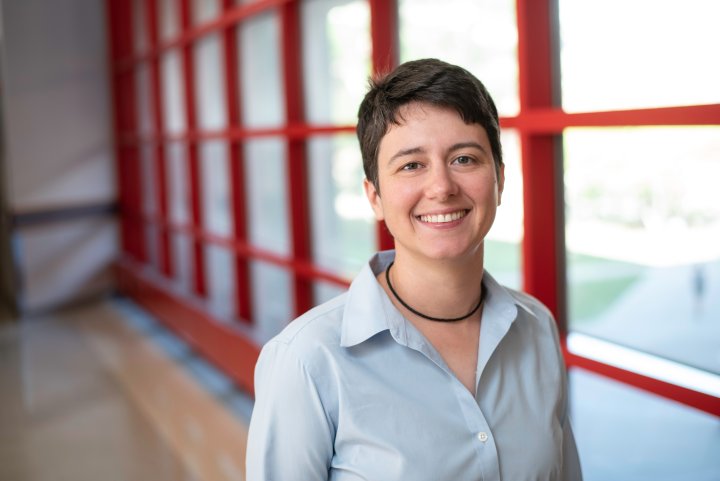
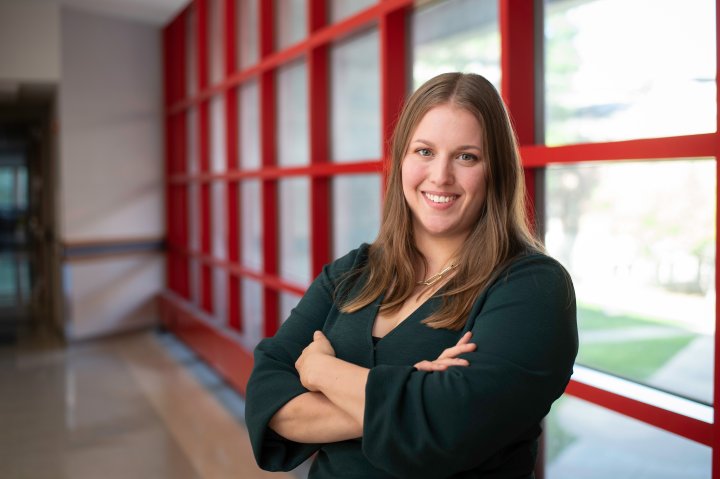
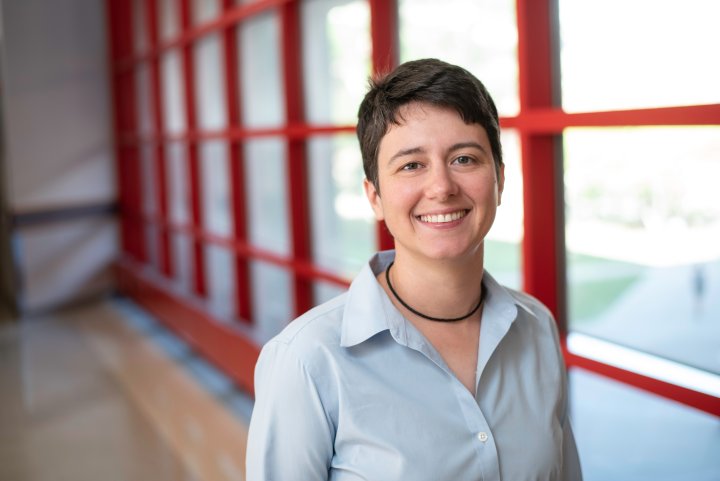

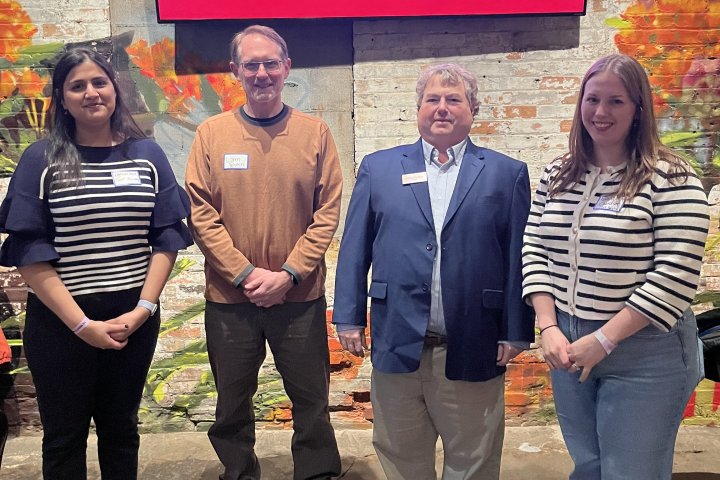

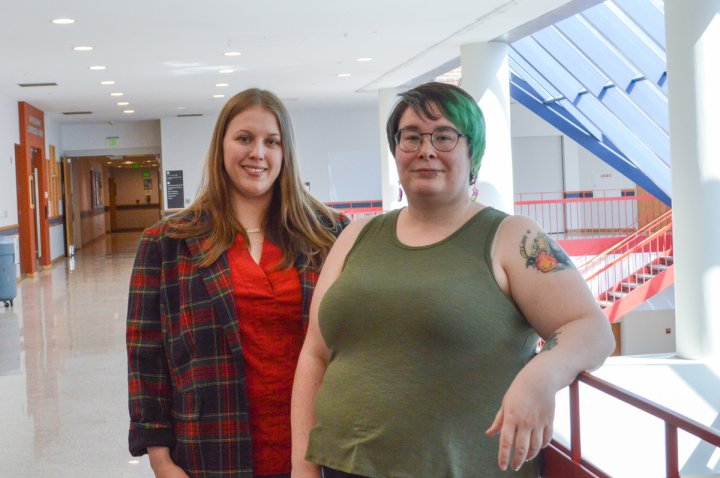


Scholarship in this division investigates how people interact with computing systems, and models complex real-world systems to create new technologies that address societal challenges, amplify human capabilities, and redefine what is possible when people and computers work together.
Work in this division draws from and contributes to multiple domains:
- Collaborative and Social Computing studies and advances systems, algorithms, interfaces, and technologies that help groups of people work together more effectively and leverages data generated from human activity in socio-technical systems;
- Computer Graphics studies algorithms used in creating compelling visual media such as digital images, interactive games, virtual reality, and computer animation and simulation;
- Human-Computer Interaction develops and investigates novel computer interfaces and technologies, helps people and computing systems work together, and applies empirical and design methods to specific domains such as health, education, and future of work;
- Human-Centered Artificial Intelligence uses human-centered methods to design, develop, evaluate, and critique artificial intelligence, machine learning, and recommender systems and their impacts on individuals, communities, and society;
- Human-Robot Interaction combines human-centered methods with robotics to develop novel technologies and better understand how humans and robots can work together;
- Data Visualization studies computer graphics, interactive techniques, visual design, human perception, and cognition to create computer systems for amplifying human capabilities to work with numerical and non-numerical data; and
- Virtual, Mixed, and Augmented Reality develops innovative spatial interaction techniques, studies human perception and cognition, and applies immersive technologies in emerging application domains.
Core Faculty
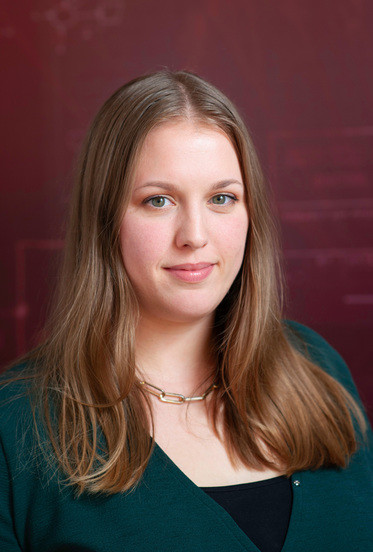
She/Her
Assistant Professor


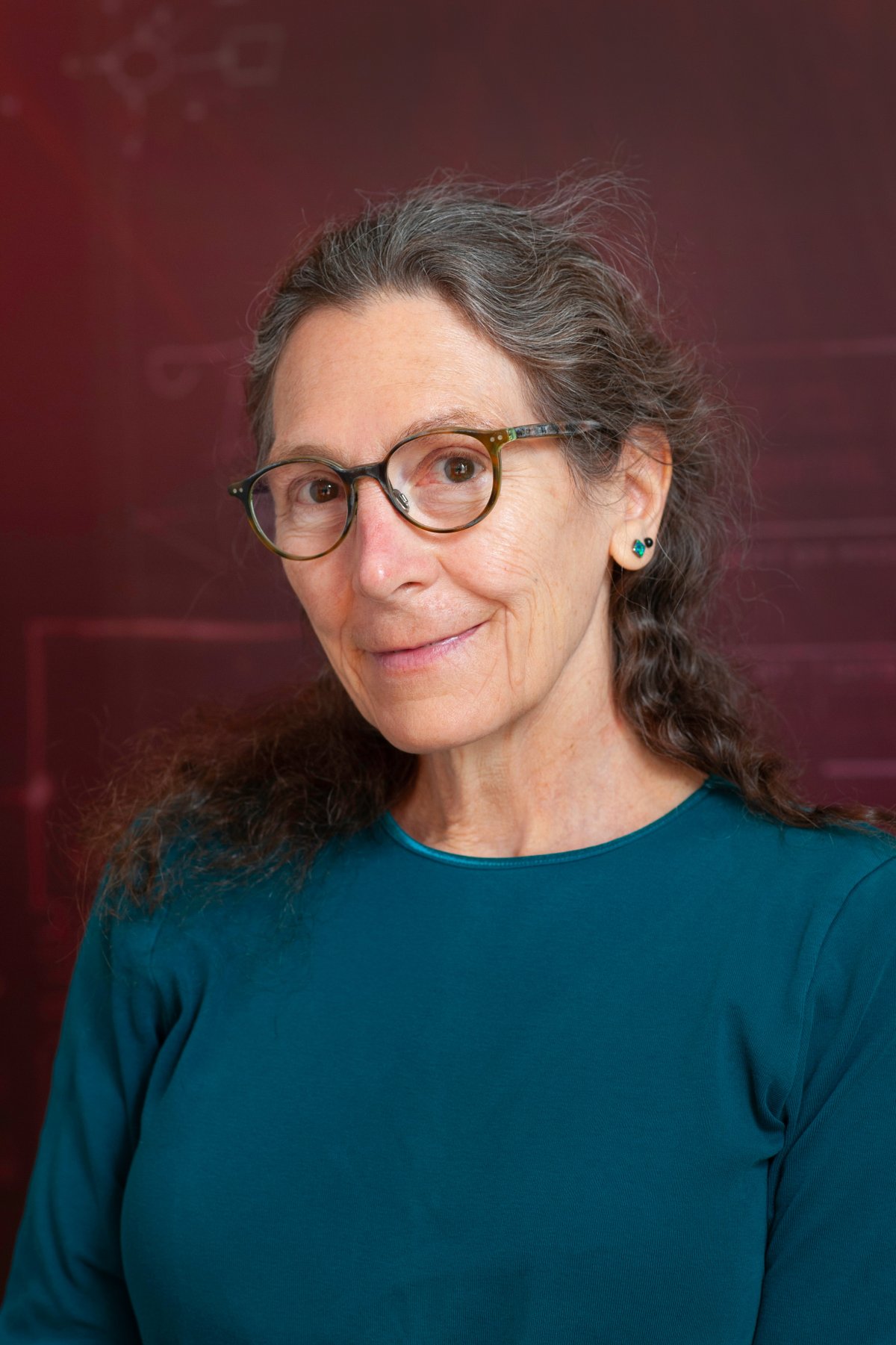
She/Her
Professor, Director of Graduate Studies for Cognitive Science


Professor, Distinguished University Teaching Professor

Professor, Distinguished McKnight University Professor, Distinguished University Teaching Professor, Associate Dean for Research

They/Them
Associate Professor

He/Him
Professor, Distinguished McKnight University Professor, Associate Department Head
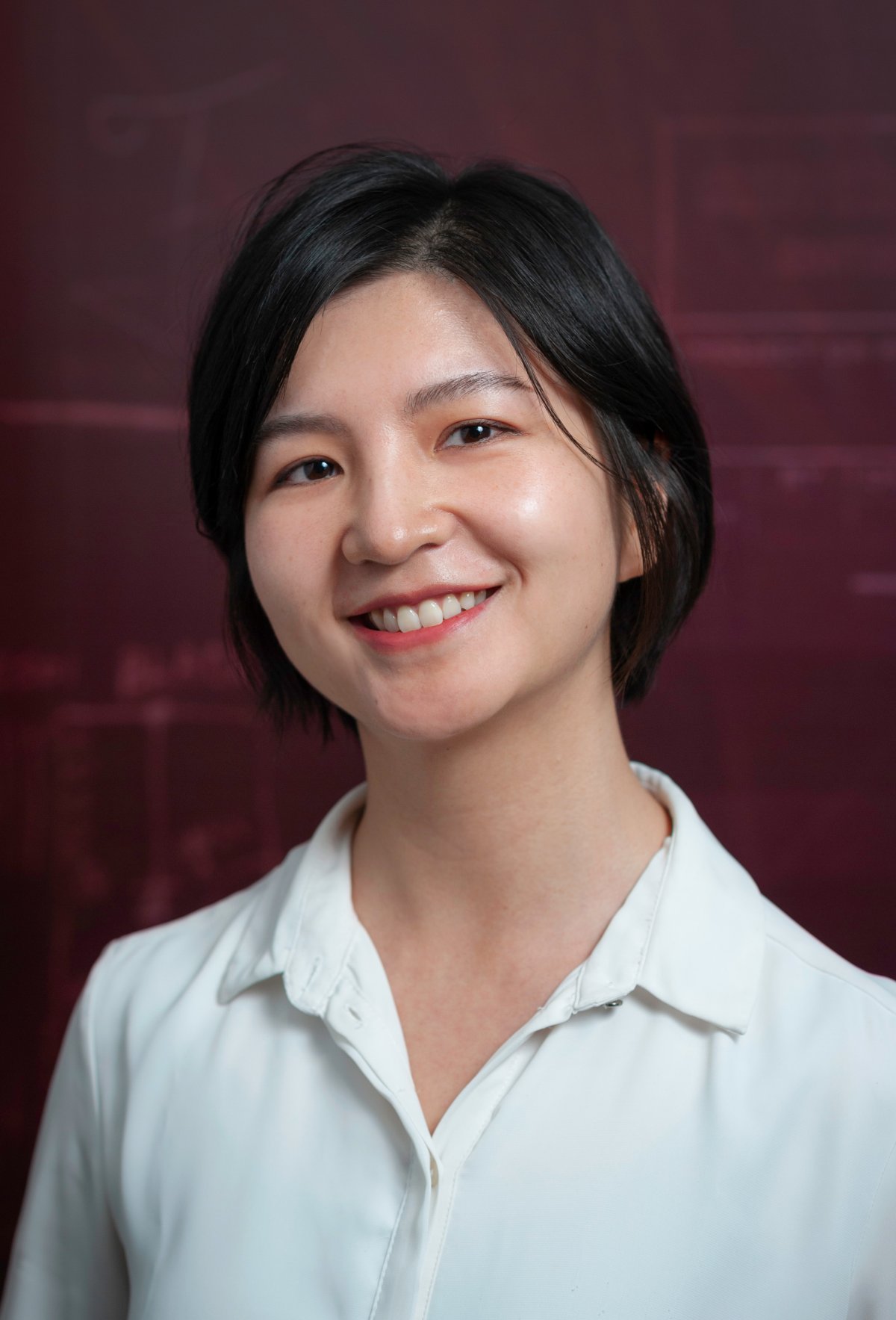
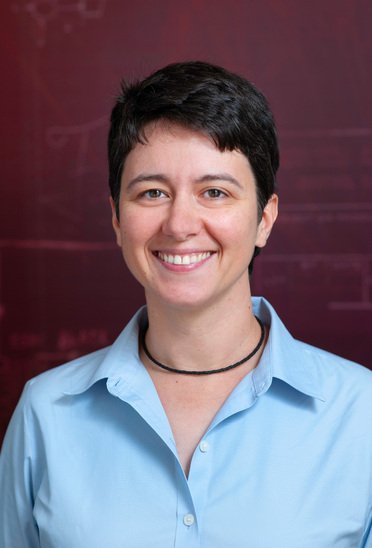
She/Her or They/Them
Associate Professor, Distinguished University Teaching Professor, McKnight Presidential Fellow, Director of Undergraduate Studies - Computer Science
Affiliated Faculty

259 Shepherd Labs

300J Lind Hall

251 Shepherd Labs
Labs and selected projects
- Applied Motion Lab Stephen Guy
- Cyclopath
- Enhancing Spatial Perception and Presence in Immersive Virtual Environments Victoria Interrante
- GroupLens Stevie Chancellor, Joe Konstan, Loren Terveen, Lana Yarosh
- LensKit
- Illusioneering Lab Evan Suma Rosenberg
- Interactive Visualization Lab Daniel Keefe
- MovieLens